Presenting Material in an ESL Class
Preface:
The French have a term, ‘enfoncer une porte ouverte’, which translates as ‘Pushing open an already open door,’ its meaning is similar to the English phrase, ‘Stating the bleeding obvious.’ Presenting information engagingly and understandably is a crucial responsibility of all teachers – especially in the ESL industry, where the goal is to make language accessible and meaningful for learners. An effective presentation involves delivering content and engaging students through clear explanations, visual aids, and interactive activities. Presentations must capture attention, maintain interest and be comprehensible. In ESL classrooms, effectively presenting information generally requires breaking down language structures, modelling correct usage, and using real-life examples.
Teachers facilitate understanding by scaffolding learning, adjusting their methods to suit different proficiency levels, encouraging active participation, and making the language acquisition process more dynamic and student-centred. As someone new to lesson planning and probably facing the prospect of presenting the content of your lessons in front of an audience regularly for the first time in your life, you’ll discover students make up their minds about a teacher in a remarkably hasty fashion. You can gain their trust and cooperation by paying close attention to the information at the heart of your syllabus and the professional and conscientious way you present it.
Presentation Methodology:
Presentation methodology in ESL focuses on how teachers deliver language instruction to make it engaging and comprehensible for learners. In an ESL context, presentations are more than just giving information; they involve interactive strategies that help students understand, remember, and use new language concepts. Effective presentation combines clear explanations, visual aids, real-world examples, and various techniques to encourage student participation. You can deploy two methods to put new material in front of your students: Telling them ‘What’s what’ – best clarified in German as ‘Jemandem reinen Wein einschenken,’ literally translating to pouring someone pure wine, but figuratively, it means to say something like it is. My preferred method is asking them, ‘What’s what’. Telling them is straightforward but becomes very ‘teacher-centred’, and the class quickly devolves into a lecture. Asking them—where the teacher is a facilitator—is more learner-driven. Asking them is consistent with what’s commonly referred to as ‘active learning’, where students tend to acquire a deeper understanding of the subject at hand.
Presentations often incorporate multimedia resources to make the language more vivid and relatable, and teachers may use gestures, body language, and repetition to enhance understanding. ‘Differentiation’ is another characteristic of a presentation that has been well-planned. Teachers modify their presentation methodology to suit different learning styles or language proficiency levels. For example, teachers might use visuals and simplified language for lower-level students. In contrast, higher-level students may benefit from more complex discussions and cultural references. Ultimately, presentation methodology in ESL is about making language learning accessible and enjoyable. It aims to bridge the new language and the learner’s existing knowledge by presenting information understandably and engagingly, allowing students to gradually move from passive observation to active language use. This methodological approach helps foster language acquisition and encourages learners to use English confidently in various contexts.
Active learning in ESL involves engaging students directly in the learning process through meaningful activities and tasks rather than passively receiving information. The goal is to encourage learners to actively construct knowledge, develop critical thinking, and practice language skills in authentic contexts. In active learning, students participate in activities such as discussions, problem-solving, and collaborative projects that require them to use the target language.

Role-playing is a great example of active learning. Role-plays simulate real-life situations where students must use conversational English, like ordering food at a restaurant—or arguing with a customs officer at airport immigration. Another example is group debates, where students present and defend different viewpoints, fostering speaking skills and spontaneous language use. The Oxford Debates involves a longstanding tradition of debating. While it’s certainly more often suited to very advanced students, successful participation in an Oxford Debate can improve their confidence. Peer teaching also encourages active participation by having students explain grammar rules or vocabulary to each other, reinforcing their understanding.
Active learning can also involve task-based activities, such as planning a trip or conducting a survey, where language use is necessary to complete the task. ‘Think-pair-share’ activities, where students discuss questions with a partner before sharing with the class, can help lower anxiety and build confidence. Using active learning strategies, ESL teachers make lessons more interactive and student-centred, promoting language retention and practical usage. This approach transforms students from passive listeners to active participants in their language-learning journey.
Being creative when presenting material in a classroom is where many ESL teachers excel. Still, there are plenty who need to improve. Assuming you wish to be in the ‘excel’ camp, the goal should always be to provide a dynamic learning environment where the target language is presented in multiple ways to suit different learning styles. It’s easy for teachers to fall into staid, repetitive classroom presentation modes. It may be a truism to say you can present material to your students however you want; just don’t bore them.
Regardless of the presentation techniques you use in a particular lesson, remember that it’s imperative to cater to different learning styles – auditory, visual, social, and the like. Equally important, you need to capture and hold your students’ attention for the duration of the lesson. Easy? It’s not easy, but it is achievable. If you take nothing else from this Module in your TESOL course, I hope the following advice resonates with you:
- Ensure your ESL presentations from this day forward are consistent with the ‘active learning’ ethos.
- ‘Scaffold’ the active learning experience with an appropriate mix of short, sharp learning activities directed at achieving the desired teaching and learning outcomes.
- Make inclusivity, student engagement and use of information technology your ‘calling cards’ as an ESL teacher.
Presenting to Adults:
There’s a sizable proportion of new ESL teachers who arrive in Vietnam or Cambodia with the expectation – through personal preference or naivety – that they will teach adults. If you’re one of those people, it will quickly become evident that 90%+ of ESL job opportunities in Vietnam and Cambodia involve young learners. If you’re serious about filling your schedule with paid teaching hours, you’ll need to be available to teach all ages and skill levels – at least initially. From my observations, it becomes apparent to many who initially thought they were best suited to teaching adults that teaching kids is much easier and more rewarding. Smiling and delivering engaging ESL lessons make succeeding in a kid’s class relatively easy. In contrast, adults are much harder to please and have unique challenges and expectations – on this point, Robert Knowles’ Andragogy Theory (published in 1980, revised in 1984) is well worth reviewing – click on the link immediately below.

Teaching adults: common presentation techniques
Here are the four most common ESL presentation techniques with an active learning dimension used worldwide when teaching adult learners.
Whiteboard: I spent a long-time using whiteboards before I thought of them as having much over a blackboard and chalk. Then, I realised they are a highly versatile tool in our classrooms. It can be used to illustrate grammar rules, write new vocabulary, and draw diagrams to explain complex ideas visually. Colour-coding different parts of speech or sentence structures helps to visually organise information and make it easier for learners to follow. Teachers can interactively build content on the board, allowing students to see the progression of the lesson (scaffolding ‘101).
Whiteboards are especially useful during brainstorming sessions, where students contribute ideas, and the teacher writes up. Better still, ask a student or two to record contributions on the whiteboard during a brainstorming session.
Realistically, many schools in countries like Vietnam and Cambodia don’t have whiteboards, not because they don’t want them, but rather for economic reasons. You may have to make do with chalk and a homemade blackboard. It’s all part of the adventure!
Peer teaching: Peer teaching, the idea of students teaching each other, is seemingly eternal. Still, it only gained prominence in the 1990s, initially on the West Coast of the United States. Peer teaching is an active learning approach that empowers students to take responsibility for their learning by explaining concepts to their peers. How’s it done? Suppose your students are learning new vocabulary. You’d put the students in pairs, and they’d work through the meaning, correct pronunciation and usage with each other. It’s an attractive alternative to a teacher ‘banging on’ at the front of the classroom, boring everyone to tears. With peer teaching, the student-to-teacher speaking ratio, even with instructions given by the teacher, will be near 90% / 10%, consistent with the active learning ethos.

Worksheets: I use, you will use, and every ESL teacher I’ve ever met uses worksheets. It’s true that worksheets mostly appear in an ESL lesson’s Practice and Produce phase, but when used astutely, worksheets are equally beneficial when presenting new material. How? Picture this. Your target vocabulary words for today are six animals you’d find in a zoo. You hand out a worksheet that focuses on the six animals. Put students into pairs, not the person next to them, which means half the class needs to move chairs. How can you arbitrarily do this this? It’s easy. Let’s say there are twelve students in the class. Starting from the left, number students one to six. Then, continue with numbers one to six for the remaining students. Ask the two ‘number one’ students to sit together, the two ‘number two’ students to sit together and so on. Already, students are active and engaged.
Next, ask the students to work with their partner to complete the worksheet – two brains, one worksheet; there’s a good chance they will get through it. The teacher roves, ensuring everyone is on track, provides a helping hand where necessary and gives plenty of encouraging feedback.
Before correcting the worksheet as a whole class, you ask each pair to check their answers with the pair closest to them – more active learning and engagement. One at a time, ask a student from each pair to write the word for one of the zoo animals (referenced in the worksheet) on the whiteboard – continue until all the target words are listed on the whiteboard.

What’s the outcome here? The six target vocabulary words for the lesson have been put in front of the students – they’ve identified the words – and written them on the whiteboard. The target vocabulary has been presented, with ‘teacher-talk-time’ kept to a minimum. Yes, more work must be done, such as pronunciation, concept checking, and the like. Still, you’ve used a worksheet in an ‘active learning’ manner – that effectively required the students to present the target vocabulary for the lesson – with teacher talk time kept to a minimum.
Drilling: In our business, drilling is not putting holes in a bit of timber or a subgenre of Hip Hop; it involves the repetitive practice of language structures or vocabulary to reinforce learning. It is especially effective for vocabulary, pronunciation, sentence patterns, and grammar points. Teachers might use drilling to help students grasp tricky sounds, practice correct intonation, or memorise common expressions. Drills can be conducted collectively, with the whole class repeating after the teacher or individually, where each student practices the phrase aloud. Although drilling is a more ‘old school’ approach with plenty of detractors, it can be highly effective for building language accuracy. From my experience, drilling is especially effective with beginner-level classes.
Powerpoint: PowerPoint presentations provide a visual and multimedia-rich method of delivering content in ESL lessons. Slides can include text, images, audio, and video, which make the presentation more engaging – and cater to various learning styles. For example, a PowerPoint presentation about the weather might include slides with weather-related vocabulary, audio of people talking about the weather where they live, a short video about an extreme weather event, and more. The use of animations and transitions helps to emphasise important points. PowerPoint is an exceptionally versatile teaching tool. Throughout my ESL teaching career in Vietnam and Cambodia, I used PowerPoint daily, mainly when introducing new topics, reviewing vocabulary and summarising a lesson. Nowadays, ESL students expect their teachers to be proficient with PowerPoint. If PowerPoint is outside your current skill set, I’d strongly encourage you to invest in some targeted training at the earliest opportunity.

Challenges with presenting to adults
The biggest challenges with presenting material to adult ESL learners, in my opinion, are sixfold: time constraints, personal motivation, diverse skill levels, retention of information, confidence, and culture. Let’s drill down on these six challenges and proffer solutions for each scenario.
Time constraints: most adult ESL students will balance competing priorities, including employment, family commitments, social life, and ‘me time’. When you add ‘completing an English language course’ to what is already a full schedule, that’s a lot for one person to take on, but many folks do. ESL teachers can extend a helping hand by, among other things:
- Maximising in-class time with meaningful activities that directly target the learning objectives of the student.
- Exhibiting flexibility and patience.
- Delivering plenty of encouraging feedback.
- Thinking ‘outside the box’ to achieve ‘real-life’ practice opportunities.
Personal motivation: Studying English with a particular purpose in mind, is commonplace among adult ESL students. The purpose might be career advancement, to move to an English-speaking country, or to study abroad. This strong sense of purpose often translates into a high level of motivation, which is terrific. However, this strong sense of purpose can give rise to challenges if the student feels the learning experience isn’t aligned with their needs – too slow, too fast, unengaging, or simply not hitting the mark.
If an adult learner is disillusioned, there’s a high chance that you, his (or her) classmates, and your Director of Studies will hear about it. Assuming the unhappy student’s feedback is delivered professionally, it can be valuable for shaping a more tailored and satisfying learning journey. Keep in mind, a student complaint isn’t always fair or accurate. When the student has a legitimate point, it can be a learning experience for the teacher. On other occasions, where a complaint is unfounded, it’s essential for the teacher to respond in a professional manner at all times.

It’s essential for teachers to take time to understand their students and their real-life goals. With this insight, they can adapt lessons to fit the needs of individual students better. In an adult ESL class, not all students share the same motivations, so the challenge becomes: how can a teacher keep everyone engaged and satisfied? Here’s how:
- Inclusivity: every student needs to feel ‘valued’ by the teacher.
- Set personal goals.
- Encourage (and actively facilitate) self-directed learning.
- Ensure the learning material is relevant to all students, for example, based on real-life, everyday scenarios.
Diverse skill levels: Given that less than 10% of the ESL market worldwide is adult learners, resulting in the availability of fewer classes, there’s a greater chance that a cohort of adult students will be a ‘mixed bag’ regarding skill level. In Vietnam and Cambodia, it’s common to have adult students at the beginner level enrolled in the same class as students with a much higher English proficiency. Tough? Absolutely, but whining to the Director of Studies or similar at your school about the diversity of skill levels in a class will not enhance your ongoing employment prospects. It is what it is, as the adage goes. What can you do with a scenario of this kind? You may wish to consider the following:
- Use differentiated learning – the same task, but a range of difficulty levels.
- Peer teaching, having those students with a higher level of English proficiency teaching and supporting students with a lower level of proficiency – it’s a win-win scenario.
- Promote independent learning, creating opportunities for all students to build upon their existing skill level.
- Include open-ended activities (no fixed answers) in your lesson plans where students can work at their skill level.
Retention: Unlike young learners whose brains are seemingly wired for language acquisition, from my observations, adult ESL students find it more challenging to grasp new grammatical structures and vocabulary. There can be several reasons for this phenomenon – age, being preoccupied with other matters, studying habits, and so on. In addition to ensuring that every lesson is engaging and fun, what else can an ESL teacher do to promote retention?
- Allow ample time for repetition and review. Incorporate strategies that encourage the deeper processing of new information, such as contextualisation and real-life language application outside class.
- Set personalised learning goals and strategies for each student.
- Incorporate visuals and memory aids into every lesson, such as flashcards, images, and infographics, which make vocabulary, grammar structures and the like more straightforward to remember.
- Encourage students to explore opportunities to improve their memory. Techniques such as mind mapping and chunking (grouping different bits of information together) can help with organising and holding onto information.

Confidence: Adult learners often feel self-conscious and, based on my observations, are more likely than younger learners to worry about making mistakes, especially in group settings. This fear of failure and the possibility of embarrassment can hold them back from participating in class. Ironically, it’s been the more naturally extroverted adults I’ve taught who’ve had a more significant problem with self-consciousness or fear of making mistakes in front of their classmates. How can ESL teachers help adult students who seemingly lack confidence? Check out the following points:
- Foster a supportive, non-judgmental environment to help reduce anxiety and build confidence. Students need to feel safe in the classroom. They need to know that it’s okay to make mistakes.
- Pair and small group work are terrific for building confidence among adult learners.
- Positive (and regular) feedback is a simple, but highly-effective confidence booster.
- Provide students with a clear pathway to English proficiency and opportunities to see tangible results for their effort.
Culture: There’s a high chance that a cohort of adult ESL learners in a country like Vietnam or Cambodia have been through an education system markedly different from their foreign ESL teacher. In this event, uncertainty about everything from classroom norms to language use will prevail. In my opinion, foreign ESL teachers have an absolute obligation to adapt their teaching to meet the needs of the local culture rather than expecting the local culture to adapt to meet their needs. The latter is not only impolite, but it’s unprofessional. If you accept this premise, an obvious question is: what’s involved in being culturally sympathetic in ‘country XYZ’? Consider the following points:
- Understand your own culture and learn about the culture in the country where you’re teaching – perspective is a good starting point.
- Interact with local people outside of the school community – listen intently and observe what’s happening around you without judgment.
- Speak with other foreign teachers living and working in the same country as you.
- Reach out to your director of studies, the school principal or similar for guidance.
- Share what you have learned with local people and other foreigners – and be receptive to feedback.
- Actively participate in staff meetings at your school.
- Seek guidance in online chats and forums.

Presenting to Young Learners:
Young learners comprise over 90% of the ESL teaching market in Vietnam and Cambodia. Presenting to kids can be a rewarding experience or your worst nightmare. Keeping young learners engaged is pivotal. In the main, children are easy to please but can be unpredictable. You can never tell what they’re going to do next. Planning and delivering ESL activities for young learners requires attention to detail, creativity, and preparedness to adapt if necessary. If Plan A is falling flat, you must be ready to switch to Plan B without anyone knowing you’ve adopted a different strategy. Equally important is ensuring smooth transitions between activities to keep your students on track because children typically have a lower tolerance for inactivity than adults.
When preparing materials, it is crucial to consider the learners’ characteristics. Their age, level of English proficiency, and previous exposure to the language will inform your choice of activities. If you’re familiar with the class, you might already have insights into their preferences. If not, consult other teachers who know the students to help guide your planning. Kids are like sponges – they soak up new information. Witnessing tangible results for your effort is one of the many joys of working as an ESL teacher, but your lessons need to hit the mark.
Heed the following words – don’t create everything from scratch! You don’t need to. While original ideas are great, many resources are available online to help you build engaging lessons. Websites offer all the tools in the world, including word searches, crosswords, fill-in-the-gap exercises, and more. Printable resources and colouring activities are plentiful. Use the tools that are readily available to give your lessons variety.
Teaching young learners: common presentation techniques
Immediately below, I have pinpointed a number of activities that have hit the mark with young learners throughout my ESL teaching career. Try them out with your students. Notably, activities you’d ordinarily identify as being for kids might also work well with adults and vice versa.
Arts & crafts
Some teachers rave about arts and crafts, and while it has never been one of my favoured techniques to present new material, probably because of my ‘vintage’, it can be highly beneficial. Incorporating arts and crafts activities in ESL can make lessons more engaging and hands-on. Frequently, it’s the feature of lessons that some students, especially young learners, look forward to the most. Students might create posters that depict vocabulary related to family members, animals, food, or places and then present their work to the class. Other popular activities in this genre include origami, which comes with endless opportunities – and balloon modelling – which is great for teaching colours, animals, and shapes. From my experience, balloon modelling is one of those activities that appeals to all students, regardless of age. Then, there’s puppetry, which, like origami, is multipurpose. In addition to being fun and engaging, arts and crafts activities in an ESL class support multisensory learning, helping students connect visual representations with language.
Music for kids
You might be surprised to learn there are ESL teachers in Vietnam and Cambodia who trade on their lovely singing voices, prowess with a musical instrument or both, and ability to incorporate those skills into their teaching activities. Those of us with a singing voice more suited to a shower/bathroom rather than a classroom – and folks like me who don’t play an instrument, can still weave magic with music activities in an ESL class thanks to YouTube, portable media players, digital audio players and the like – computer assisted language learning (CALL).

Music is an excellent medium for language acquisition, especially for young learners and teens. Songs with repetitive lyrics help reinforce vocabulary and pronunciation. Using songs that align with the lesson’s theme allows students to practice language memorably and enjoyably. Music also introduces rhythm and intonation, which are critical for developing speaking and listening skills.
Consider:
Singing songs for vocabulary and pronunciation: Songs like ‘Head, Shoulders, Knees, and Toes’ and ‘The Wheels on the Bus’ teach basic vocabulary through repetition and movement. Children can sing along while performing the actions, which reinforces the words and helps with memorisation. It’s also an excellent way for students to release energy.
Theme songs: Choose songs focusing on specific vocabulary themes, such as animals, colours, and numbers. ‘Old MacDonald Had a Farm’ is perfect for teaching animal vocabulary and sounds. I have often used the ‘The Rainbow Song’ to teach colours.
Fill-in-the-gap song activities: Prepare lyrics with missing words and give the incomplete lyrics to students. Play the song and have the students listen carefully to fill in the blanks with the correct words. This activity helps improve listening skills and vocabulary recognition. You can use simple songs like ‘Twinkle, Twinkle, Little Star’ or slightly more advanced songs based on the age and skill level of the learners.

Rhyme activities: Introduce songs with a strong rhyme scheme, for example, ‘Row, Row, Row Your Boat’ or ‘Hickory Dickory Dock’ to help students recognise word patterns. After listening, you can ask the students to identify the rhyming words, reinforcing phonological awareness.
Clap to the rhythm: Choose a song and have students clap to the rhythm. In addition to reinforcing the importance of rhythm, it helps students understand syllables and natural word stress in English. The song B-I-N-G-O’ is a super’ clap to the rhythm’ activity.
Create new verses for familiar songs: Take a well-known song such as ‘If You’re Happy and You Know It’ and encourage students to create new verses based on the vocabulary they’ve been learning, fostering creativity and helping the students practice sentence structure in a fun, musical way. Over the years, I have used this activity with ESL students, from young learners to adults, and it has always been well-received.
Musical storytelling: Use songs to tell stories and discuss the content with the class. For example, ‘The Itsy-Bitsy Spider’ or ‘The Lion Sleeps Tonight’ can be used to narrate a story and follow up with comprehension questions. Students can draw pictures of the story or act it out, integrating multiple learning modalities.
Sing-alongs for pronunciation practice: Play simple English songs and encourage students to sing along. Singing helps children practice pronunciation and intonation in a fun, stress-free way. For young learners, repetition through song helps them internalise correct pronunciation patterns more naturally than through drilling alone.
Music-based phonics practice: Use songs that emphasise particular phonics patterns, such as vowel sounds or consonant blends. For instance, songs like ‘The Alphabet Song’ or ‘The Phonics Song’ can reinforce the sounds of letters and basic phonics rules.
Interactive music and movement: Combining music with physical activity helps children stay engaged while associating language with actions – a super way to teach vocabulary related to movement (jump, clap, spin, hop, and more) – and practice imperatives in a fun way. Think ‘Simon Says’ or the ‘Freeze Dance’ song.
Song-based listening comprehension: Use songs to practice listening skills by asking students to listen carefully for keywords or phrases. For instance, you can play a song and ask students to raise their hands when they hear specific vocabulary words. Alternatively, students can listen carefully and then answer simple comprehension questions about the lyrics.
Tap syllables or natural rhythm: Use a musical instrument or tap a pencil on a desk to teach word stress and sentence intonation. Using music and sounds to highlight a word’s syllables or a sentence’s natural rhythm can give students a clearer sense of how stress and intonation function in English.
Karaoke for language practice: Karaoke is a fun and interactive way to help children practice language. Choose simple, age-appropriate songs and allow students to sing along with the lyrics on the screen. This activity will improve their reading speed and pronunciation as they follow the words and sing along.
Create a class song: Encourage students to collaborate on creating a class song using vocabulary or themes they’ve been studying. This learning activity might involve rewriting the lyrics to a familiar tune or composing something entirely original. An activity of this kind engages students to be creative with language and gives them a sense of ownership over their learning.
Drama & theatrics for kids
How about incorporating drama and theatrics into the teaching and learning experience? You and your students don’t have to be card-carrying thespians. It’s enough to have a spirit of adventure and determination to deliver a teaching and learning experience that’s inclusive, fun and engaging. Drama is a powerful tool for teaching English to children; they get to use the language creatively – and in context. Even simple role-playing activities, for example, acting out everyday situations, can help students practice new vocabulary and sentence structures in a fun, interactive setting. Your students will be embodying different characters and experiencing ‘make-believe’ scenarios. They’ll enhance their speaking skills in an engaging and fun environment. What’s not to love? Bring it on!
Consider:
Role-playing simple scenarios: Kids can act out everyday scenarios, such as going to the zoo, the farm, the doctor or a rocket launch to the moon. Learning activities like those will do wonders for their confidence.
Puppet shows: Puppets have ‘arts & crafts’ and drama dimensions. I have never met a young ESL student who wasn’t excited about including puppets in the learning experience. Students can create puppets using socks, paper bags, or even simple finger puppets – cheap, creative and fun. They can then use their puppets to act out a story or dialogue from a book they’ve read in class – the opportunities to incorporate puppets into the teaching and learning experience are limited only by the teacher’s imagination. Using puppets is a great way for students to practice language skills, particularly those students who are a bit shy.

Story dramatisation: Some kids really connect with this activity. You choose a simple story or fairy tale and give each student a role. You read the related dialogue aloud, and your students act out the characters and events. This activity helps with comprehension, listening skills, and understanding of story structure; it also promotes teamwork and creativity. You might be surprised to see how much young learners enjoy acting out stories.
Mime games: Encourage your students to express themselves by miming rather than using words. Simple activities like pretending to be an animal, performing daily actions (like brushing teeth or opening a door), or mimicking weather conditions (wind, rain, sun) help develop physical expression and creativity. Activities like those also promote understanding of body language and non-verbal communication. Who knows? You might discover the next ‘Marcel Marceau’.
Freeze frame: In this learning activity, students act out a scene, but at the teacher’s command, they must freeze in place. The teacher or other students can then describe what is happening in the frozen scene. Freeze Frame is a great way to practice listening, vocabulary, and sentence structure – and build on students’ imagination and quick thinking. It takes a bit of getting used to, but it is a terrific learning activity that’s always well-received.
Emotion acting: Teach students about different emotions by asking them to act out feelings like happy, sad, surprised, angry and suchlike. You can also give students specific scenarios, for example: ‘You forgot to bring lunch to school’ or ‘Your grandmother just gave you some lucky money’ (during the TET holiday in Vietnam). Among other benefits, this activity illuminates the connection between emotions and language.
Dress-up and character-play: Provide costumes, props, or both related to a theme, for example, animals, jobs, cooking, in the classroom, and ask students to create short scenes or skits. Dress-up and character-play activities help students develop language skills playfully and imaginatively while promoting teamwork and creativity.
Action songs and rhymes: Use songs or rhymes that involve actions and have students act out the motions. For example, songs like ‘If You’re Happy and You Know It’ or ‘Head, Shoulders, Knees, and Toes’ combine language learning with physical activity, helping reinforce vocabulary and language comprehension through movement.
Competitive games
Vietnamese and Cambodian folks of all ages love sports and games, especially the competitive element. Regardless of the sport, in cities and towns the length and breadth of Vietnam and Cambodia, you’ll see whole families glued to the television when a national team is engaged in a competition. Moreover, you’ll see children spending a lot of time playing street games like ‘kick the shoe’. You can use this seemingly innate love of sports and games to your advantage when teaching English to kids in Southeast Asia. Physical activities offer an energetic way to teach language concepts. Games like Simon Says and Scavenger Hunt can be modified to focus on vocabulary or sentence structures. Videos of soccer, football, and basketball games offer engaging opportunities to teach concepts like prepositions of place and adjectives. Classroom games with a competitive bent are always well-received as an icebreaker, especially when the competing teams are gender-based.
Consider:
Race to the whiteboard & relays: In-class ‘race to the whiteboard’ and relay races in one form or another are staple activities in ESL classrooms across Southeast Asia. Suppose your class has ten students. Divide the students into two groups of five students. Each group stands in a line, about, let’s say, five metres from the whiteboard. The teacher displays an image via PowerPoint, and one student from each group runs to the whiteboard and writes the corresponding vocabulary word. Whoever finishes the quickest earns a point for their team. Once a student has had a turn, they go to the end of the line so all students participate equally. The team with the highest points after a set period wins the activity.
Action bingo: Create a bingo card filled with action words like ‘jump,’ ‘jog on the spot,’ ‘clap, ‘spin,’ and ‘hop’. Instead of calling out numbers, the teacher calls out actions. Students with the action on their bingo card mark it off as they would in a traditional bingo game and do the action. The first student to complete a straight line on their card wins.
& more: Here is a random collection of other competitive games that I’ve seen work well in ESL classrooms in Vietnam and Cambodia: Animal Charades, Red Light / Green Light, Parachute Games, Hopscotch with Numbers and Letters, Find the Flashcard, ‘Duck, Duck, Goose’ (with a Twist), Balloon Pop Quiz, Running Dictation, Tunnel ball and the list goes on.
Media
There is a stand-alone module in this TESOL course focused on the importance of computer-assisted language learning (media) across the board in ESL teaching and learning, including when presenting information to students. Please refer to this Module for guidance on how teachers can use media and technology to make their ESL lessons engaging and fun for learners of all ages and skill levels.
Presenting Online:
Teaching ESL online presents distinct challenges for educators that differ from traditional in-person instruction. Some teachers thrive in an online teaching environment where the instruction is primarily one-on-one; it can take place in the comfort of their living room – and comes with a level of freedom that most in-class teachers can only dream about. Online ESL teaching has upsides, but the virtual setting can be challenging, especially when presenting new material. Let’s take a quick look at four common challenges and possible responses.
Challenge 1 – Engagement and interaction: The lack of a physical classroom, coupled with only one student present most of the time, gives rise to an obvious challenge – a lack of atmosphere. The positive impact of ‘vibe’ on teaching and learning outcomes in ESL, where the content tends to be mundane, cannot be overstated. Presenting vocabulary, grammar points and the like in a virtual environment to a single student is arduous, even if the teacher is the consummate professional and the student is highly motivated. In stark contrast, in a formal classroom environment, students feed off the teacher’s energy – and energy from their classmates, creating a positive vibe that enhances teaching and learning.
Response:
– Use a mix of interactive tools in each lesson to capture and hold attention – videos, flipbooks, infographic PDFs, polls, quizzes and the like.
– Negotiate learning goals with the student from the outset and regularly check progress. Open dialogue is imperative.
– Ensure every lesson is well-planned, follows a clear structure and includes short, sharp learning activities to achieve desired outcomes. Change the lesson structure occasionally to avoid monotony.
– Encourage active participation in each lesson by including role plays, storytelling, competitive games with a learning goal dimension, questions and answers – and plenty of positive feedback.
Challenge 2 – Distractions: Both online and in-class study programmes experience distractions of one kind or another. Online, it might be as simple as the teacher’s cat walking across the keyboard. In a regular school environment, the distraction might be a student meandering into the wrong classroom or a knock on the classroom door by someone from the school office seeking to resolve an administrative matter. From my observations over the years, distractions during an online ESL class are more frequent – and harder to recover from than in-class distractions. Why? Read on.
Students who attend an online class are often in their kitchen, living room, or bedroom, surrounded by distractions, such as the doorbell, gadgets on the desk, pets, family members, cooking dinner, and the like. Teachers taking online classes from home, a coffee shop or elsewhere are surrounded by the same distractions.
Another reason distractions seem more frequent and impactful with online classes is the difference in accountability between the two learning environments. Online, students are primarily accountable to themselves. In a traditional classroom, however, the physical presence of classmates and the teacher reinforces the importance of staying focused and naturally discourages off-task behaviour.
Response:
– As much as humanly possible, the teacher and the student should take steps to reduce the likelihood of distractions of one kind or another disrupting the online class – close doors, no eating, secure pets, silence the doorbell and so on. Reducing the likelihood of distractions can be as simple as both parties committing not to be distracted for the duration of the lesson other than by a ‘force majeure’ event.
Challenge 3 – Technical issues: Technology and technical issues go ‘hand in glove’. Unstable internet access, electricity outage, a flat laptop battery, malware, webcam malfunction and audio problems are just a random selection of a multitude of technical issues that can bring even the best-planned online ESL class to an immediate close.
Response:
– Both the teacher and the student should proactively maintain their computer hardware and software to ensure everything is running smoothly. Regular spot checks help identify potential issues early, allowing them to be fixed before they become major problems.
– Online ESL teachers (and students) would be well-advised to work on their technical skills to fix ‘everyday’ IT problems without relying on a third party, who may not be immediately available.

Challenge 4 – Correcting, Assessing and Feedback: Correcting, assessing, and providing feedback are all core responsibilities of a professional ESL teacher. In a typical classroom environment, teachers can observe a student’s body language and other non-verbal cues to sense confusion, frustration, or disagreement – especially when correcting, assessing or providing feedback. Observing body language and the like is far more challenging online, where the teacher can easily miss subtle cues. Missing important cues that give insight into how a student feels at a point in time can negatively impact teaching and learning outcomes.
Response:
– If you plan to teach English online, developing super-duper skills in interpreting body language and other non-verbal cues can profoundly enhance the teaching and learning experience. It will help you identify potential issues at the earliest opportunity and apply strategies to address them before they become major challenges.
– In an online learning environment, building robust and two-way rapport (teacher + student) where open dialogue is encouraged and practiced is paramount. When rapport and open dialogue are in place, correcting, assessing and providing feedback become much easier and more effective.
Characteristics of a brilliant ESL presentation:
Capturing attention, holding interest and being comprehensible are admirable goals when presenting material in an ESL class, but what can you do to maximise the likelihood that your presentation will tick all the boxes? We should reflect on our customer’s views – ESL students and, in many cases, their parents. With this idea in mind, in late 2023, the Australia-Vietnam School of English (AVSE) in Ho Chi Minh City, Vietnam, surveyed 327 fee-paying students (and parents) to gain insight into the characteristics of a brilliant ESL presentation from a customer perspective. The survey was not scientific; nevertheless, 12 points stood out. The survey found that teachers should:
- Know the subject matter and be well-prepared
- Avoid talking too much
- Ensure material is relevant – age, skill level, subject matter
- Use a mix of exciting teaching resources – be quirky
- Give verbal instructions that are short, simple and at an appropriate pace
- Incorporate a mix of short, sharp learning activities
- Involve all students – face students when talking
- Roam constantly – take an interest in students – don’t sit at the teacher’s desk
- Be lively, perhaps even dramatic (‘edutainment’)
- Constantly check for understanding – give a lot of positive feedback
- Maximise the use of information technology
- Use of nonverbal cues
- Think about voice projection and tone
- Get to know students
Do you agree with all 14 points noted above, some of them or none of them? Did any of the points from the ‘survey’ surprise you? What other points, if any, would you add to the list?


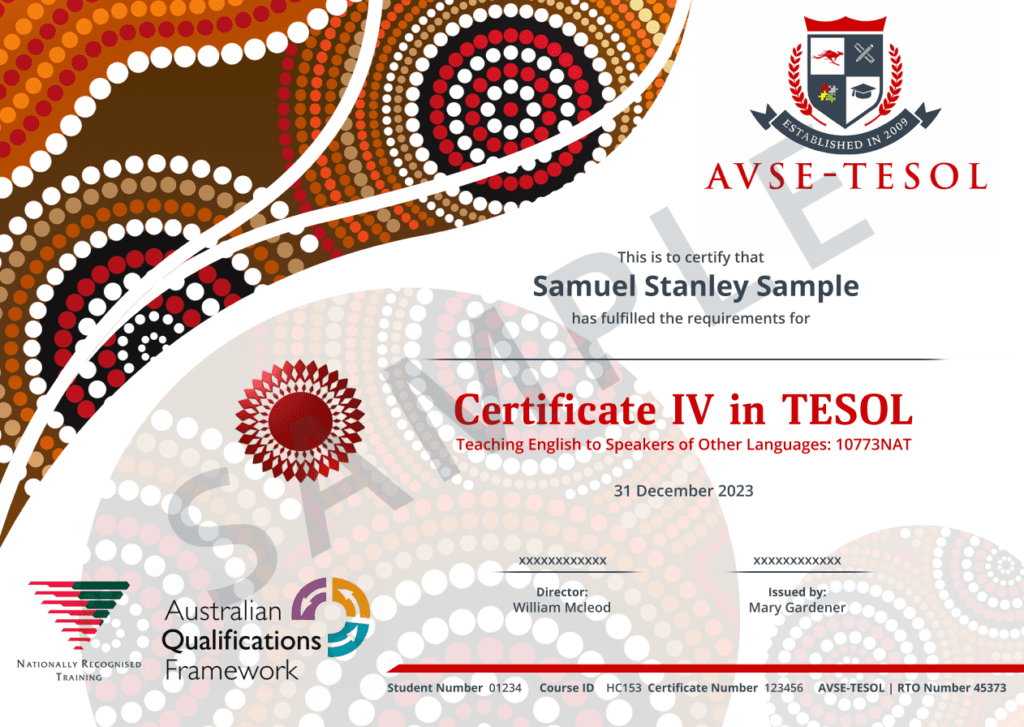





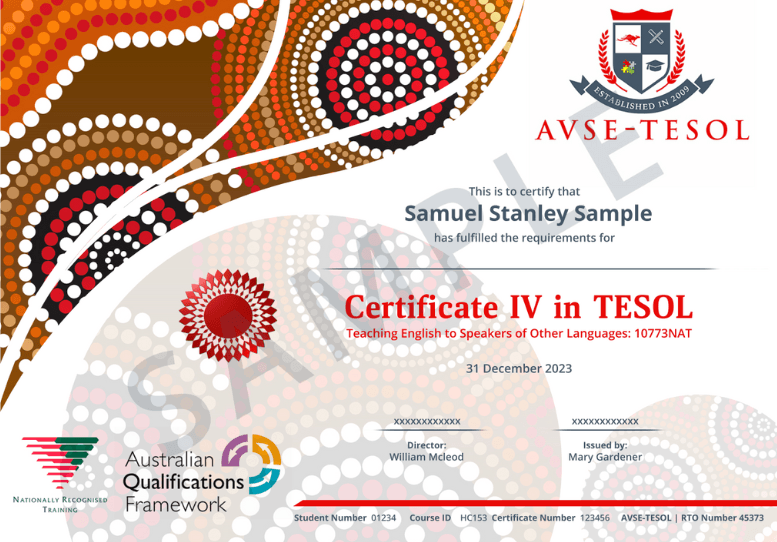
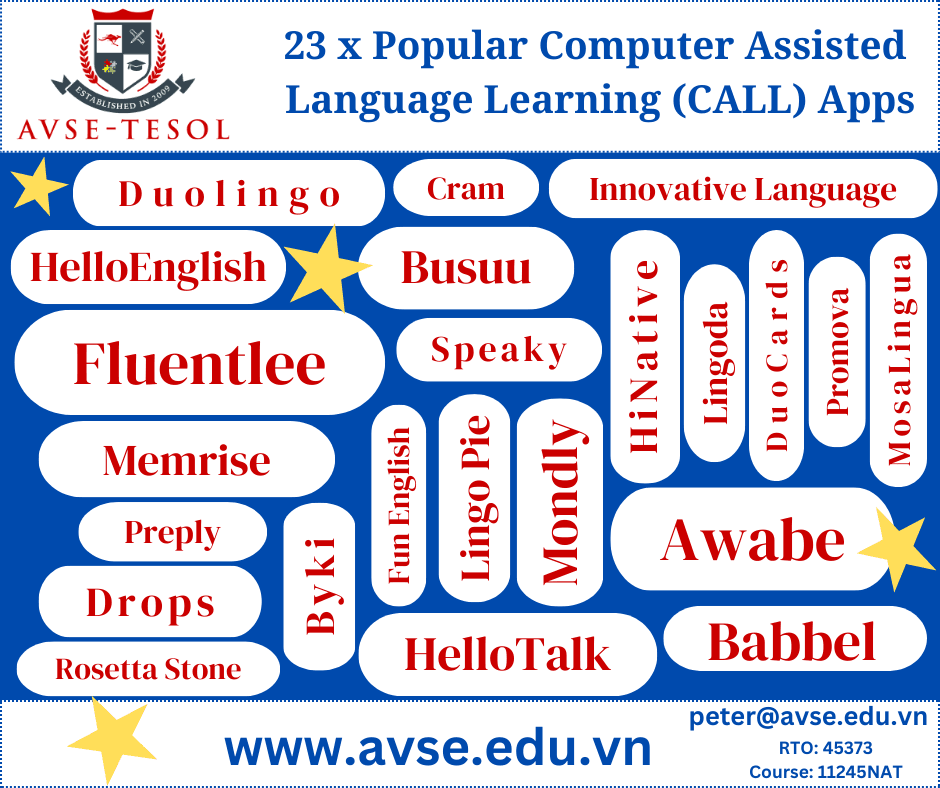

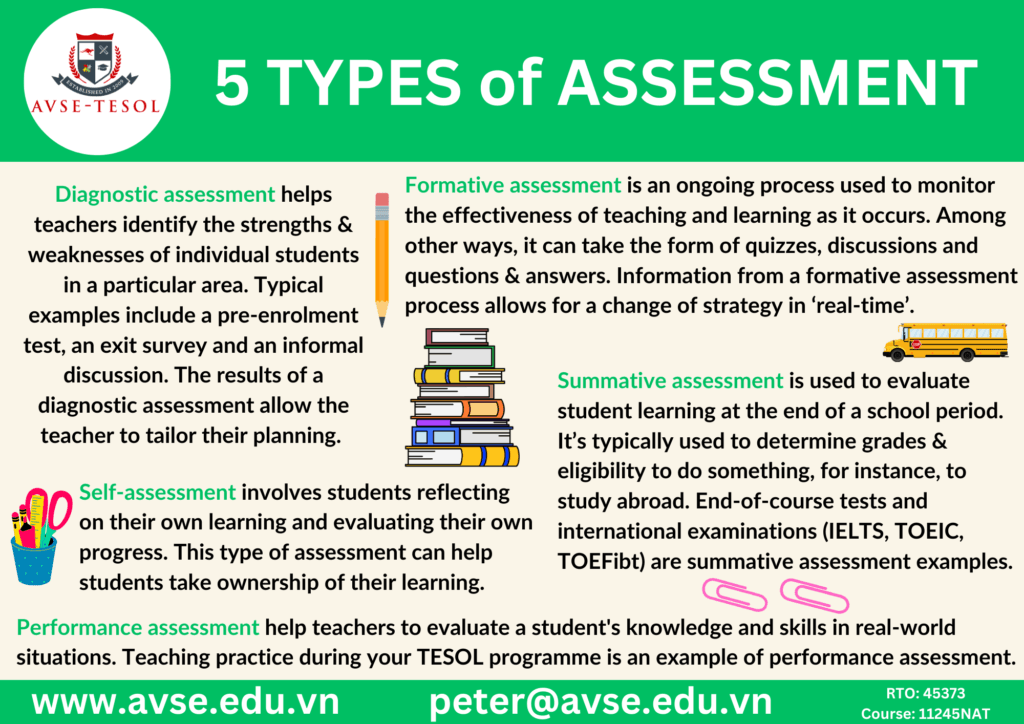

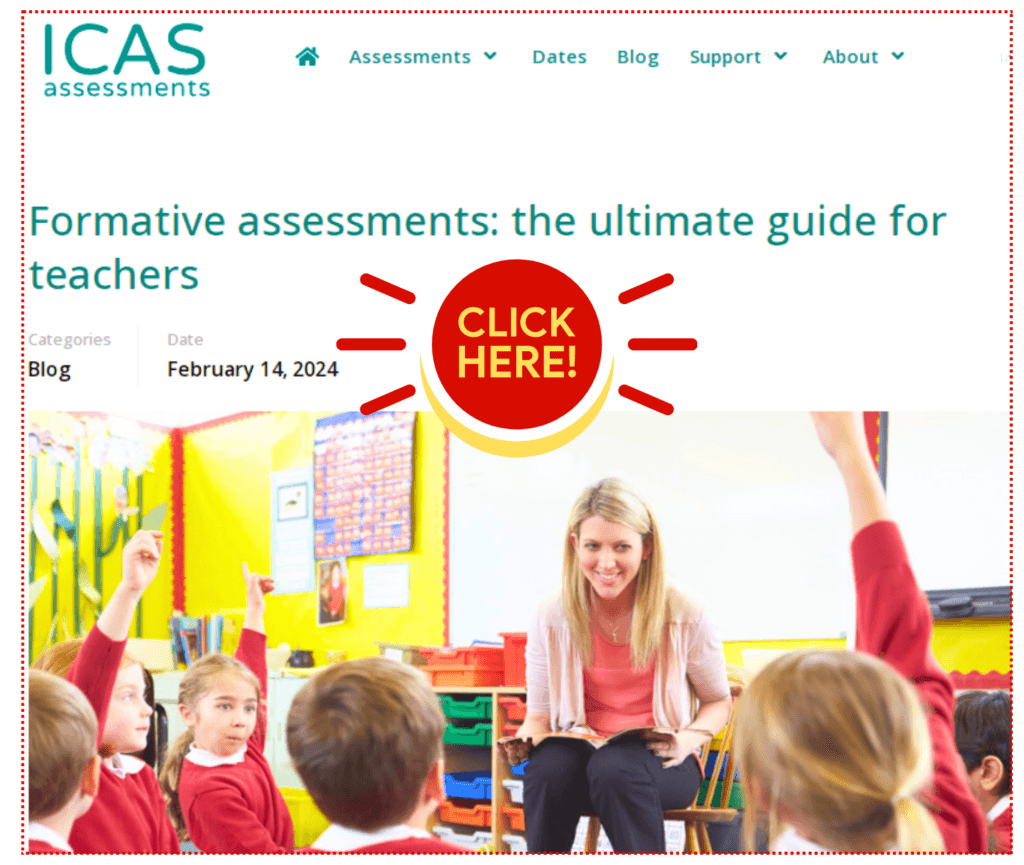
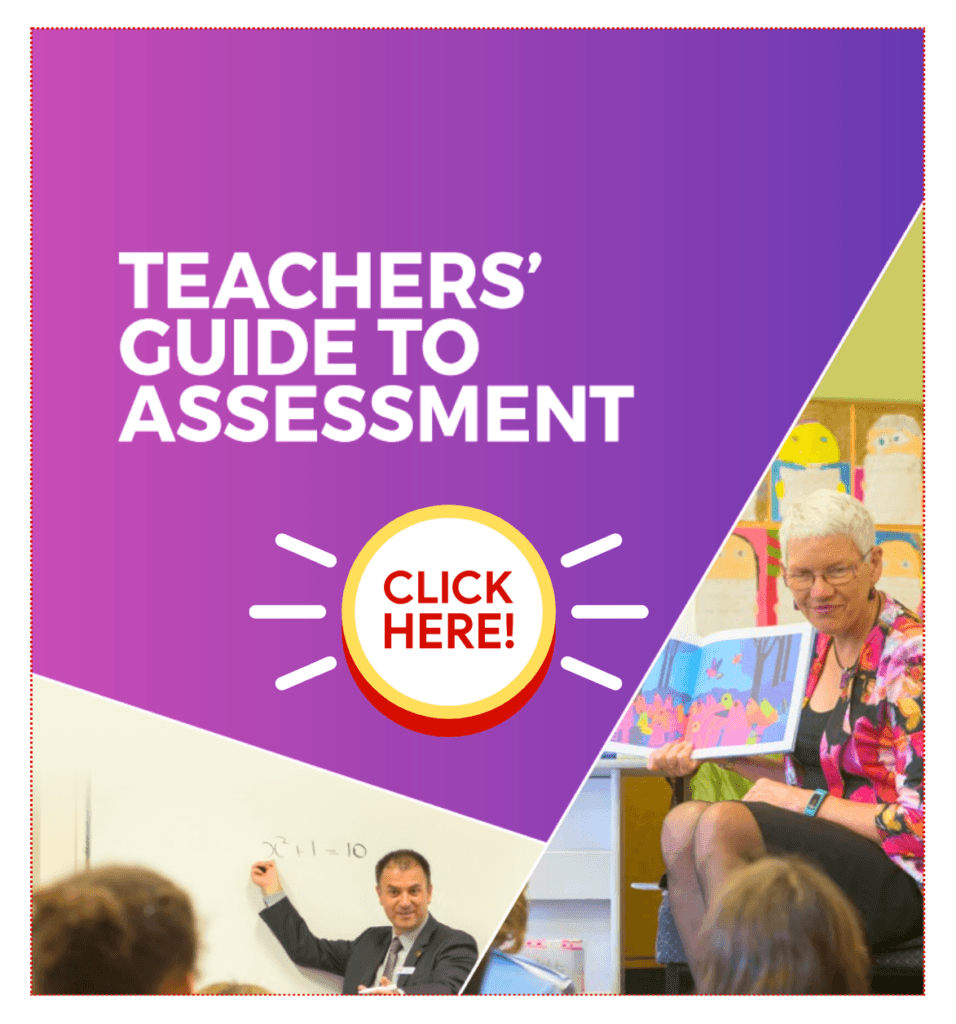
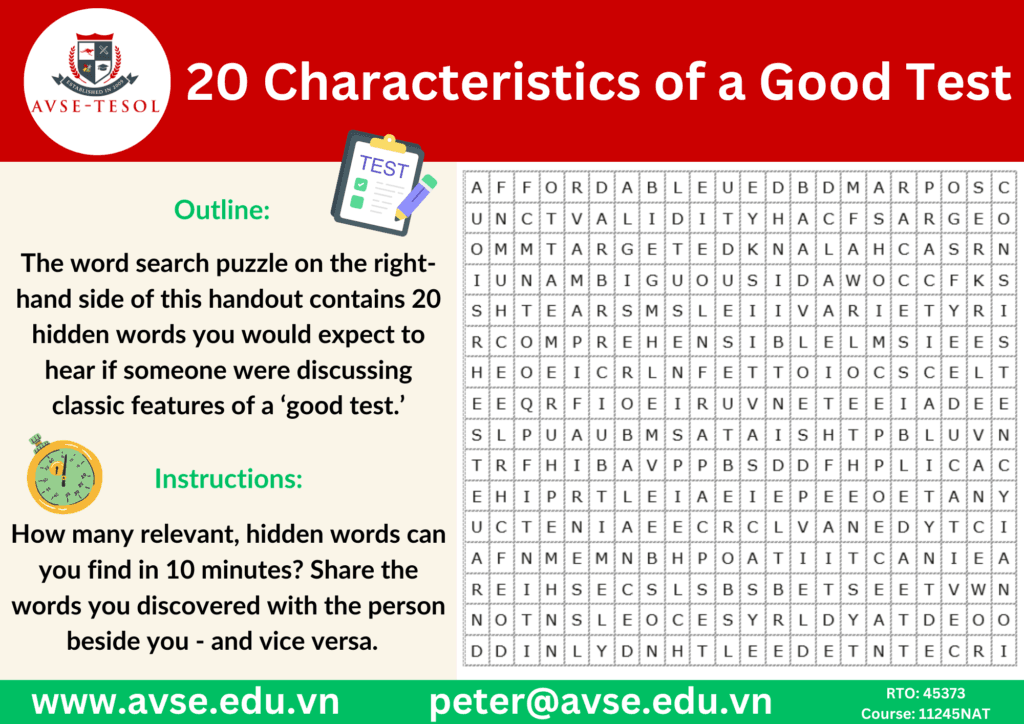
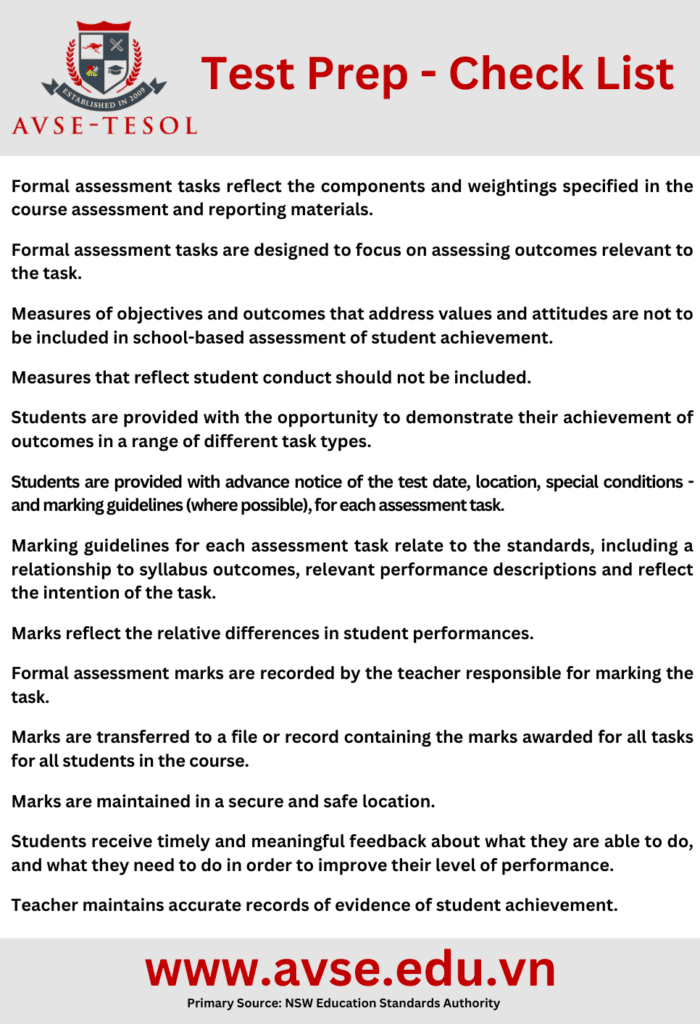
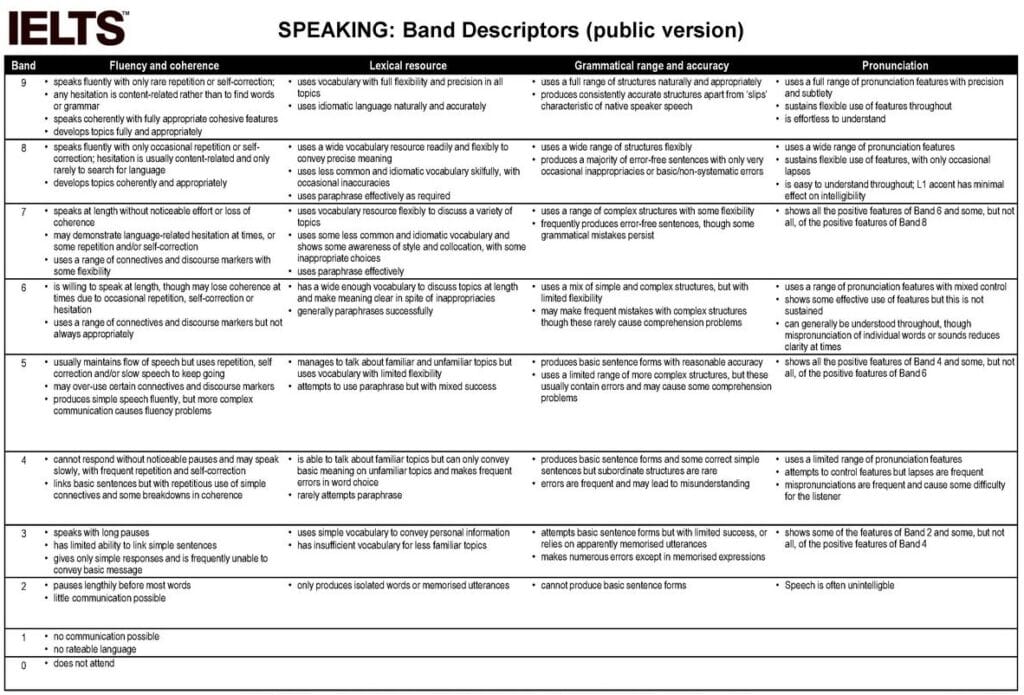


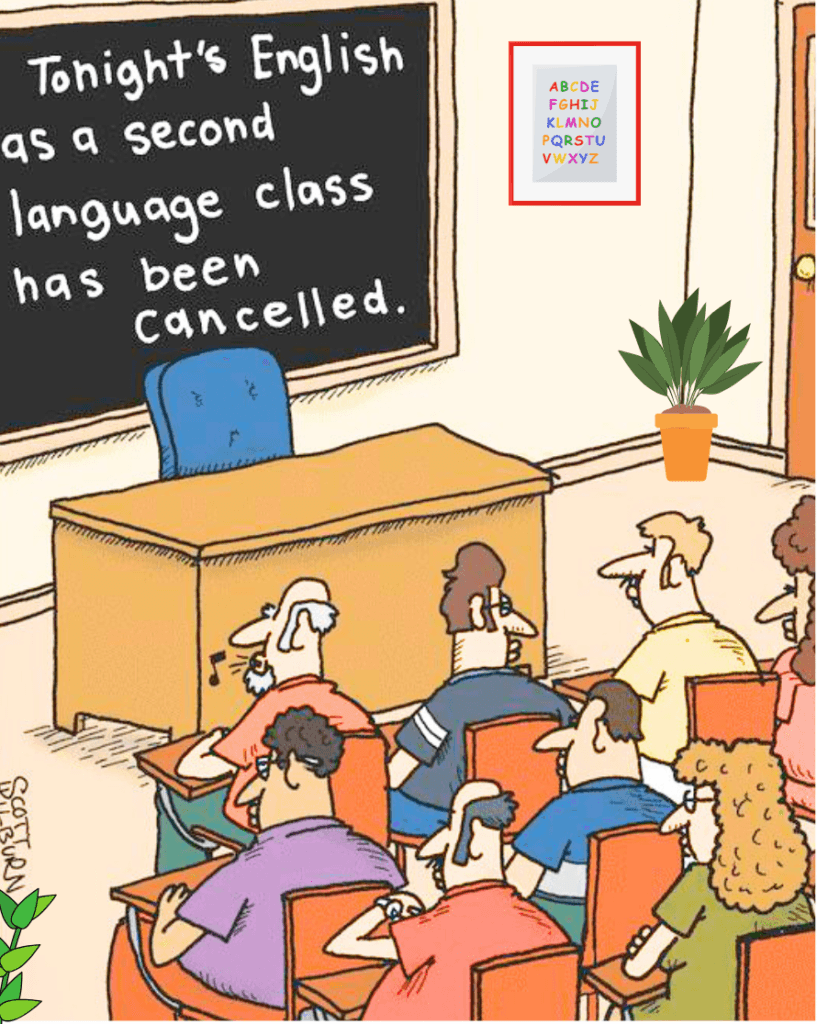

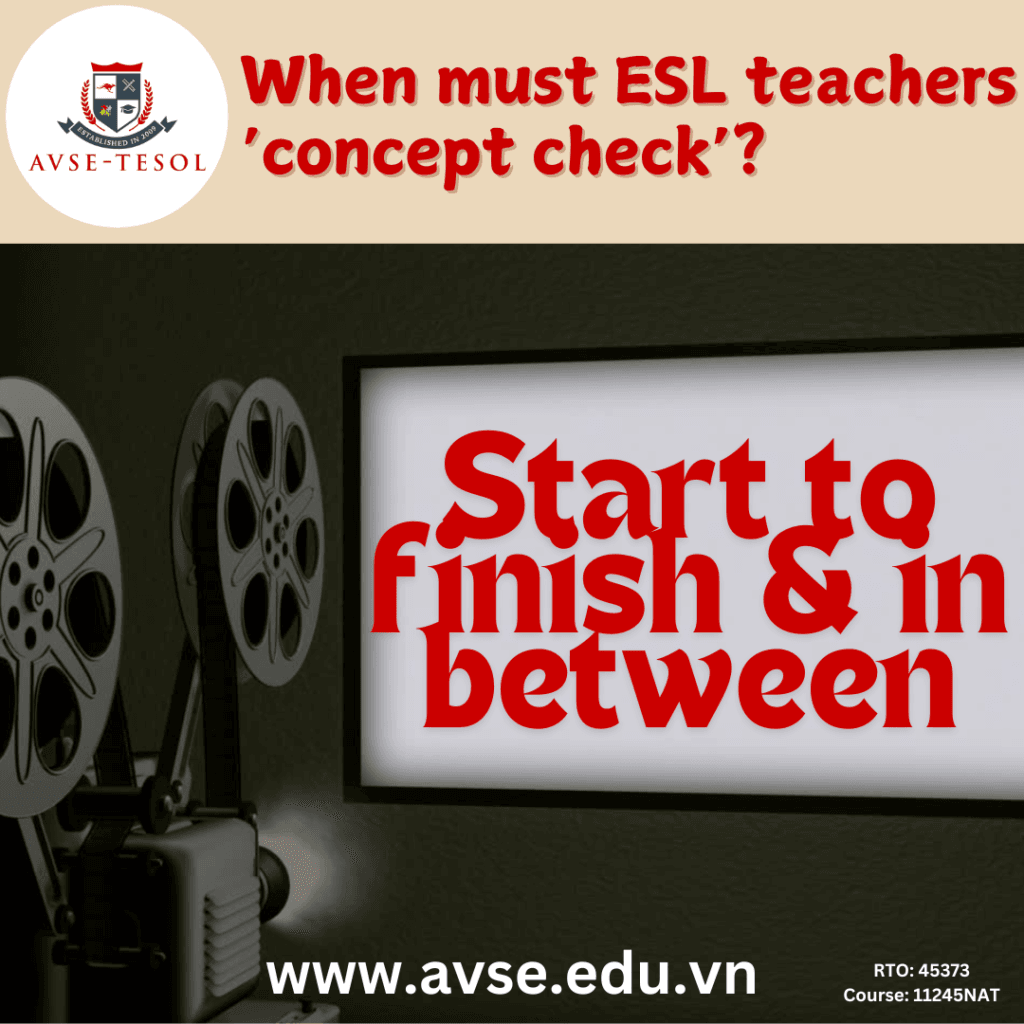



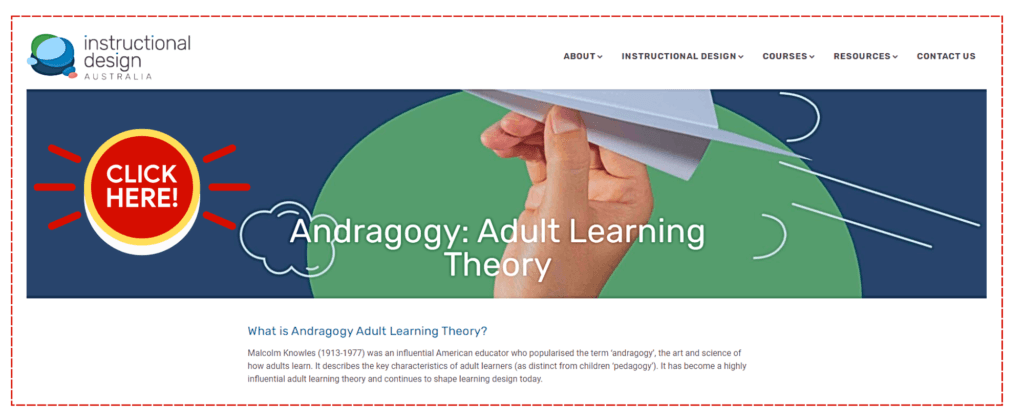
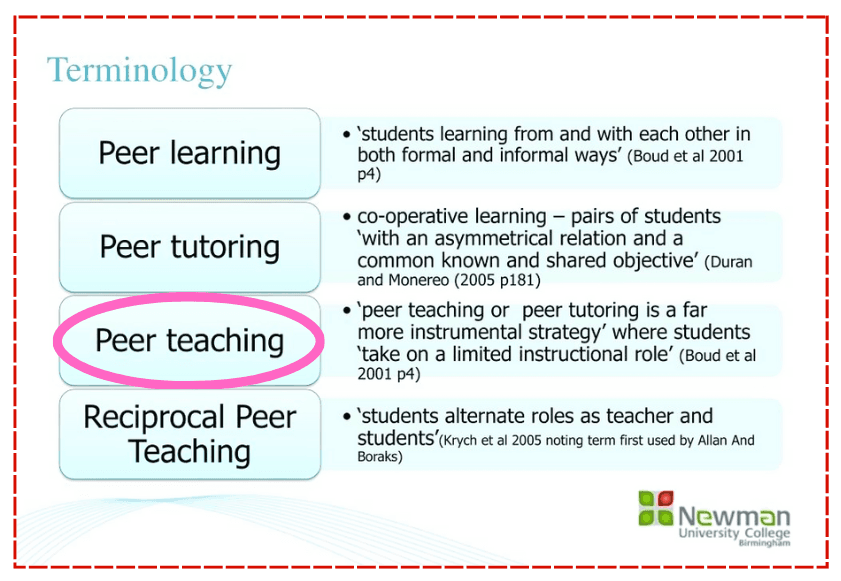


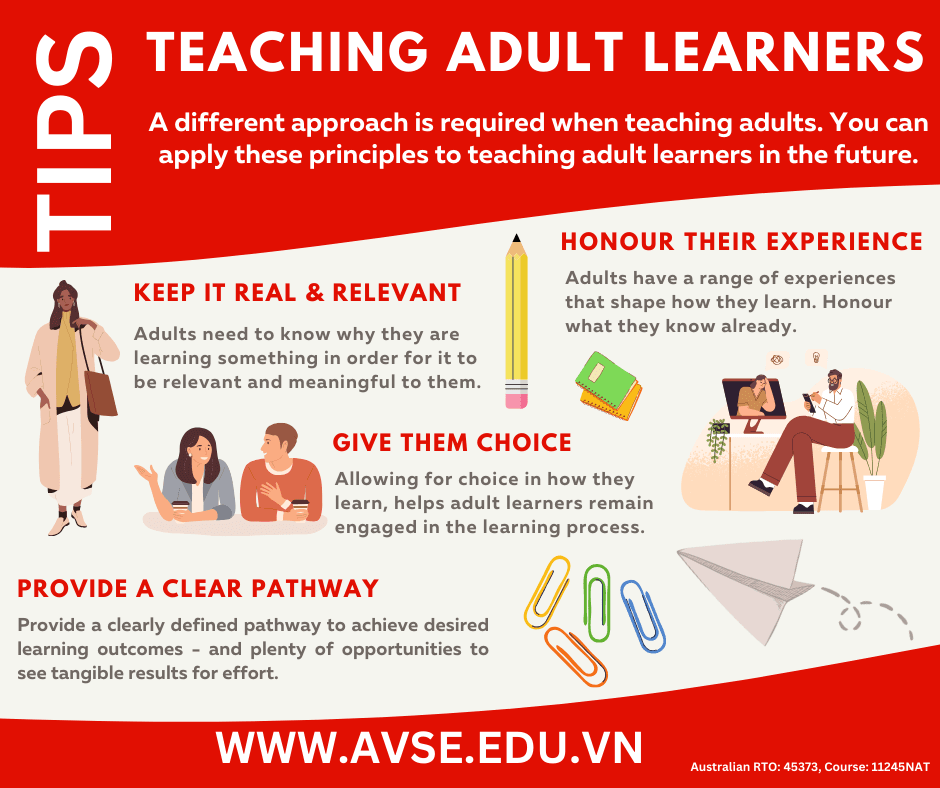
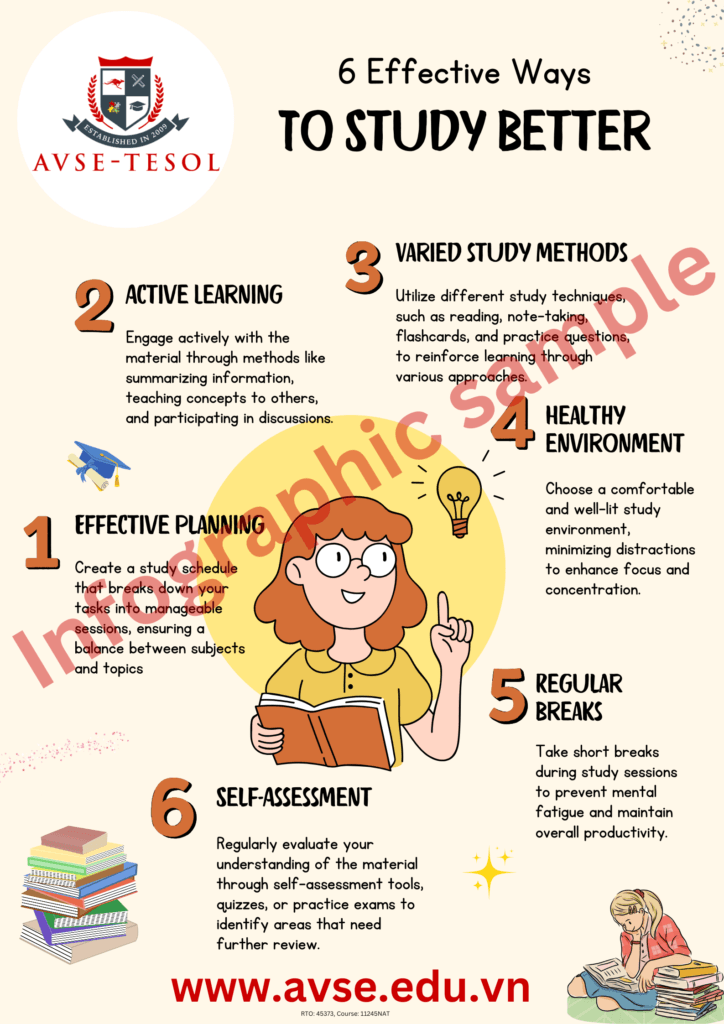
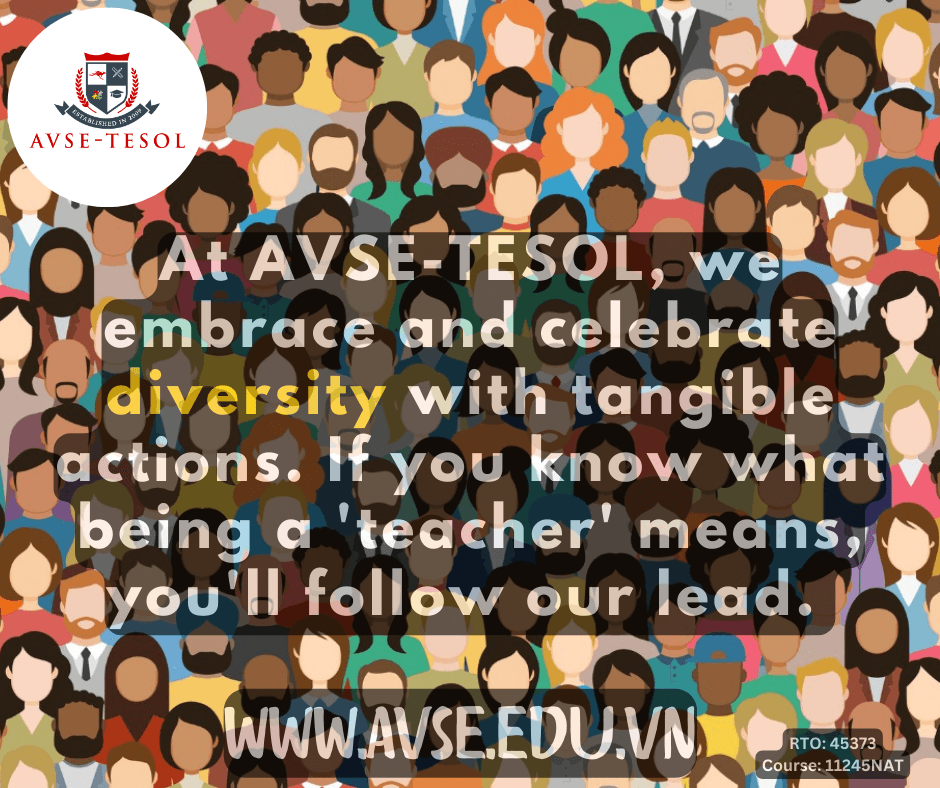

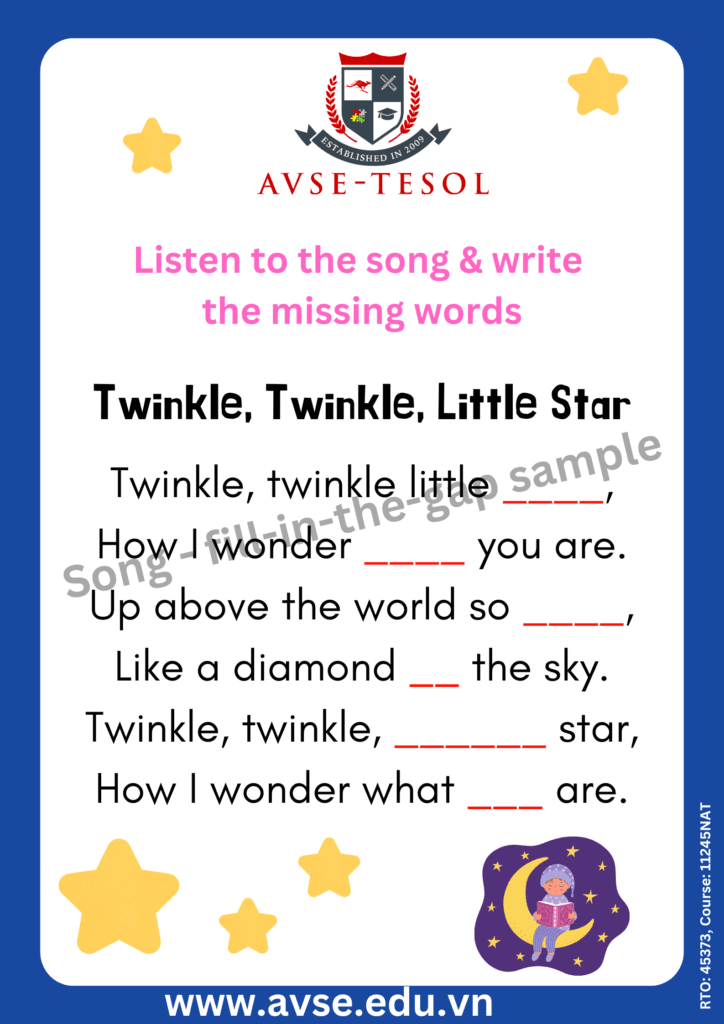









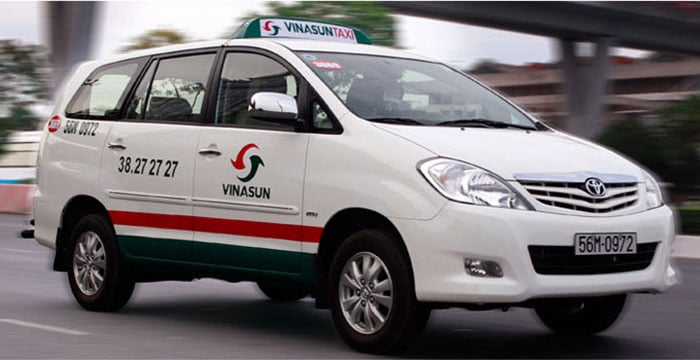










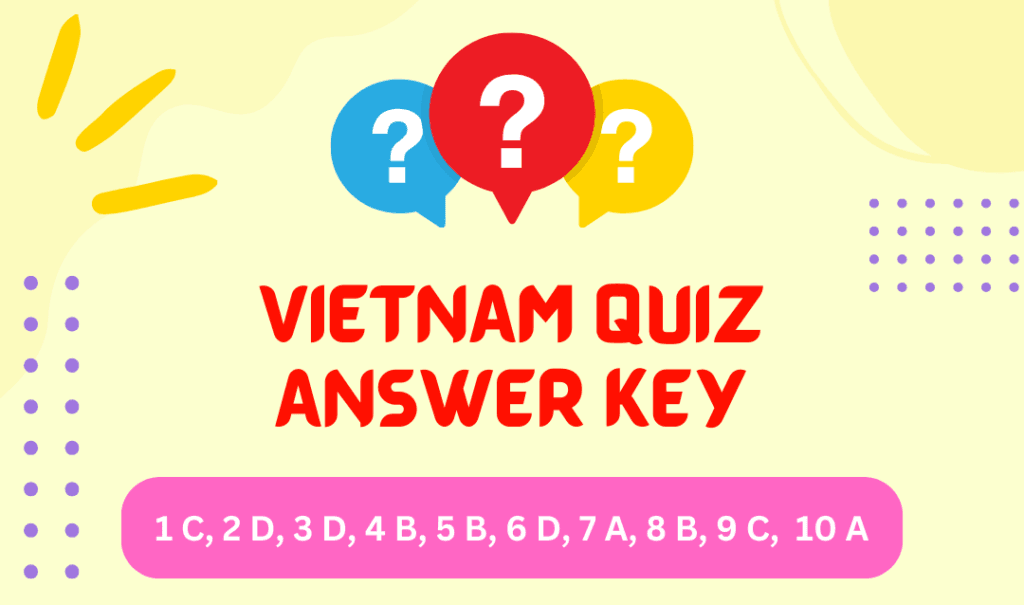












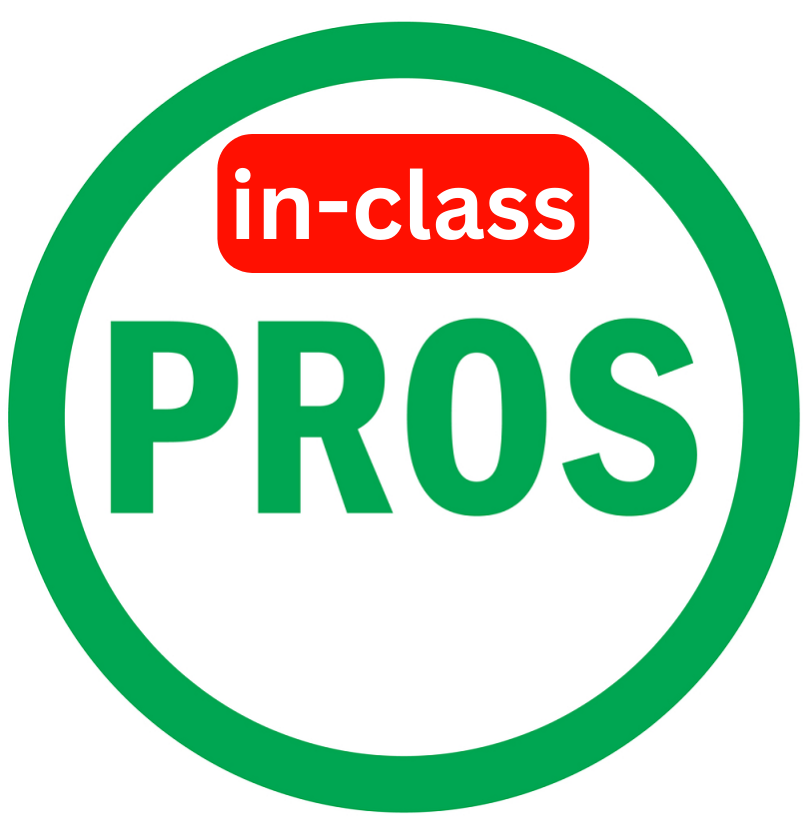



Recent Comments